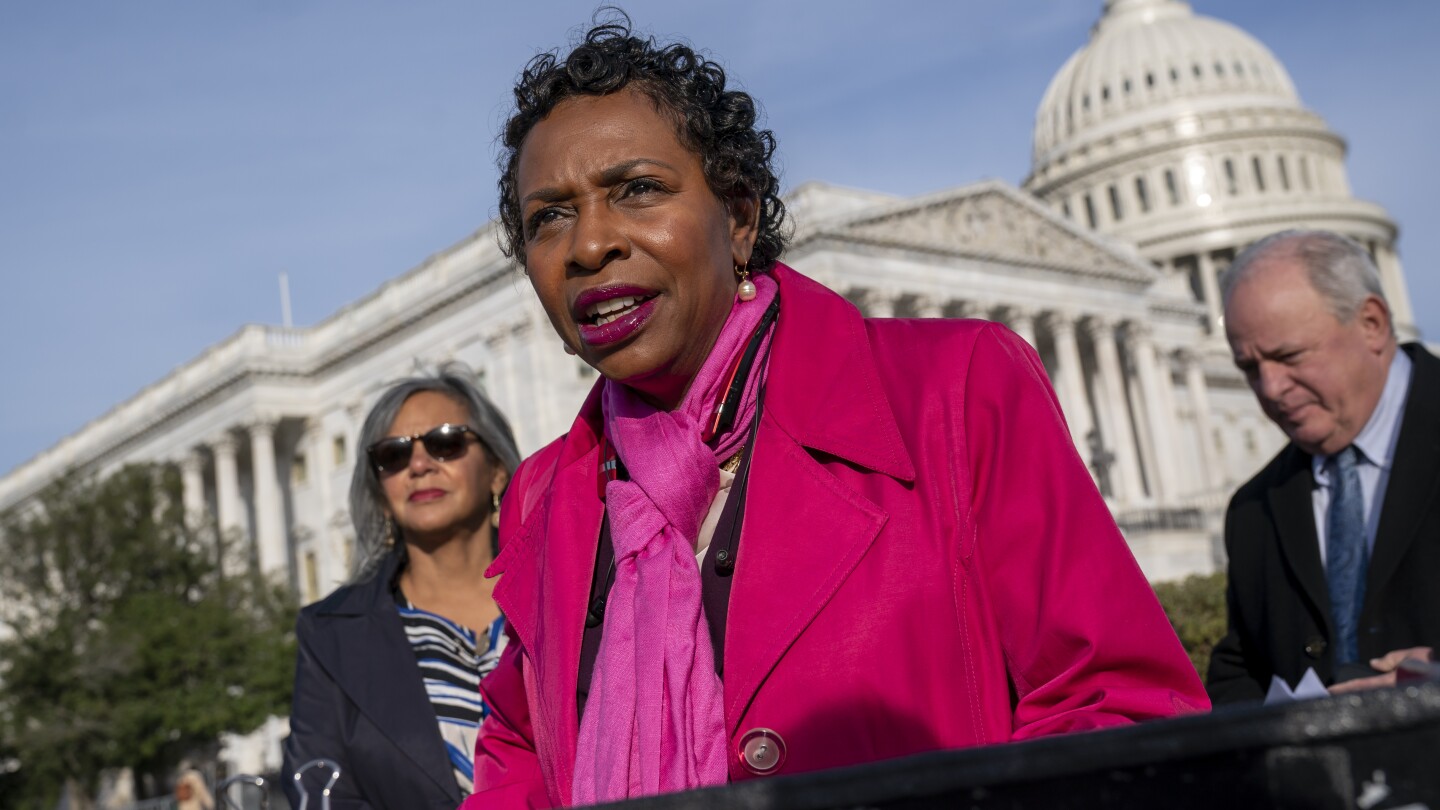Deepfakes generated by artificial intelligence are having their moment this year, at least when it comes to making it look, or sound, like celebrities did something uncanny. Tom Hanks hawking a dental plan. Pope Francis wearing a stylish puffer jacket. U.S. Sen. Rand Paul sitting on the Capitol steps in a red bathrobe.
But what happens next year ahead of a U.S. presidential election?
Google was the first big tech company to say it would impose new labels on deceptive AI-generated political advertisements that could fake a candidate’s voice or actions. Now some U.S. lawmakers are calling on social media platforms X, Facebook and Instagram to explain why they aren’t doing the same.
Its almost like the lawmakers should make a damn law…
To them, their job is fundraising, not lawmaking.
deleted by creator
This.
This is where they draw the line.
Not the very real active sabotage of democracy in the past decade of elections. It’s the viral fear of robots doing a dumber version of what is already the dominant political content in social media and has been for years.
Stay put, I’m going to go punch a pillow until it pops.
“Hey! Now this is affecting us! We need to legislate!” Anyone with fucking eyeballs could see this happening before it did. We’re going to see an AI political candidate here soon. Possibly one not open about what it is.







